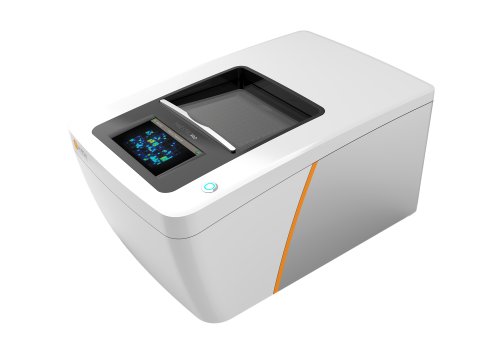Jordan Thorpe, Matthew D. Perry, Osvaldo Contreras, Emily Hurley, George Parker, Richard P. Harvey, Adam P. Hill and Jamie I. Vandenberg
Stem Cell Research & Therapy, 27 July 2023
Scientists use the noninvasive Maestro MEA platform to evaluate the functionality of iPSC atrial-like cardiomyocytes in vitro.
Atrial fibrillation (AF), the most common type of cardiac arrhythmia, is associated with life-threatening complications including heart failure, stroke, and dementia. With the incidence of AF increasing due to an aging population and the aftereffects of SARS-COV-2 infection, better disease models and more effective treatments for AF are urgently needed. In this study, scientists develop a novel protocol for atrial-specific cardiomyocyte differentiation from induced pluripotent stem cells (iPSCs) and compare it to two previously published methods, using Axion’s noninvasive Maestro multielectrode array (MEA) and other methods to assess functionality in vitro.
Overall, the authors found that atrial cardiomyocytes generated using the new method demonstrated functional improvements compared to previous protocols and show “faster beat rates, shortened and more triangular APs, reduced rate corrected FPDs, respond to carbamylcholine induced Ikach activation, atrial-like expression profiles, reduced cellular size, and near adult-like conduction velocities.” The researchers suggest that these results may facilitate disease research and therapeutic discovery by providing an efficient, scalable, and more physiologically relevant in vitro model of AF.


